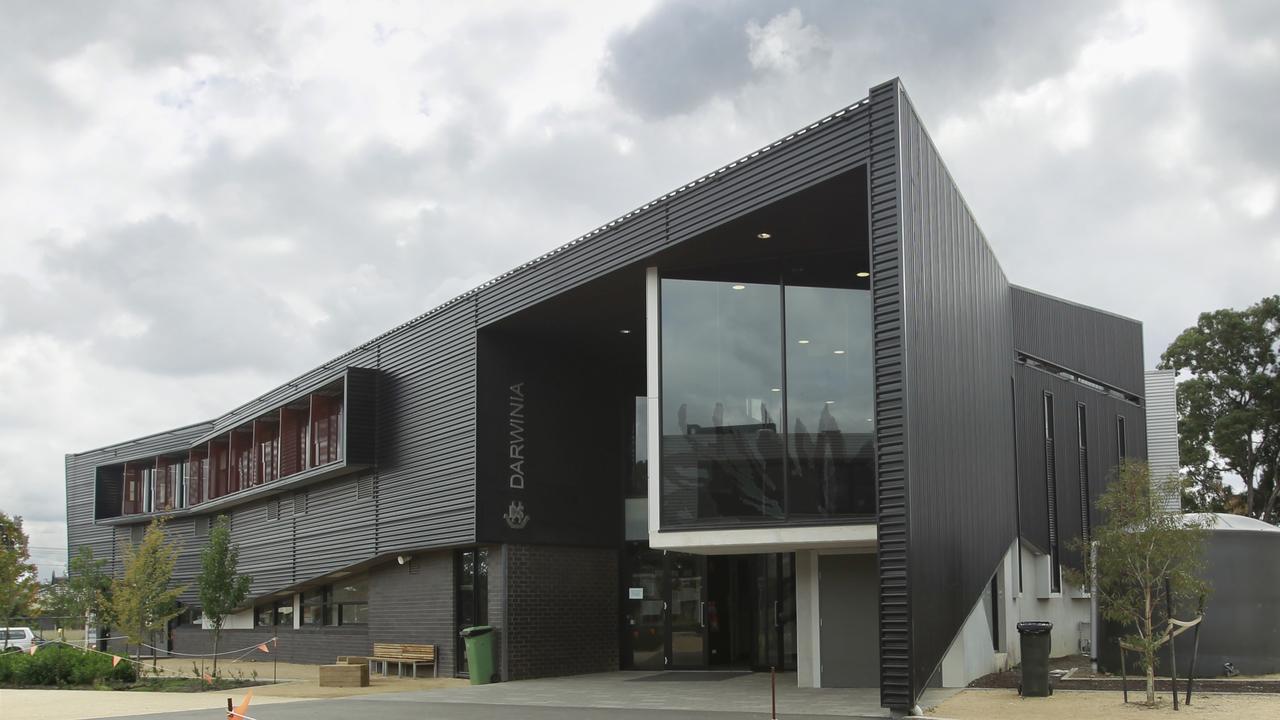VCE results 2017: ATAR facts and myths.
Will taking hard studies guarantee a good ATAR? We debunk some of the biggest myths and clarify what you can do to achieve your best result.
VCE
Don't miss out on the headlines from VCE . Followed categories will be added to My News.
FOR whatever reason, there are many stories surrounding scaling and the scaling of VCE studies.
With students about to receive their ATAR, now is an ideal time to look at the facts and not the fiction.
ULTIMATE VCE RESULTS GUIDE: D-DAY ARRIVES FOR THOUSANDS OF VCE STUDENTS
EVERYTHING YOU NEED TO KNOW ABOUT ATAR
SHOULD I CHANGE MY PREFERENCE?

Myth No. 1:
You need to do “hard” studies to get a good ATAR.
If you do studies that are scaled up you will automatically get a high ATAR. If you do studies that are scaled down you will get a low ATAR.
FACT:
The study score provided to you by the Victorian Curriculum and Assessment Authority (VCAA) reflects your relative position against other students doing that study.
The scaling process, used to construct VTAC scaled study scores from VCE study scores, adjusts scores so that there is no scoring incentive to select one study rather than another.
It is false to assume that there is an advantage in choosing studies which are scaled up: scaling up compensates for what would otherwise be a disadvantage.
● Jess chose a study because it was likely to be scaled up, but she was not very interested or strong at it. She got a VCE study score of 25 for the study, which was scaled up to a VTAC scaled study score of 29. This was lower than the rest of her VTAC scaled study scores, all scaled down to between 32 and 34. Jess would have been better off choosing all her studies based on her interests and strengths.
● Morgan, on the other hand, chose all his studies based on his strengths and interests. Morgan still selected two studies that were scaled down, but got VCE study scores of
38 for one and 40 for the other. These were scaled down to 36 and 39 respectively. These were about the same as the rest of Morgan’s VTAC scaled study scores, which were around 38 to 39. Morgan was not disadvantaged by choosing those studies.
When the VTAC scaled study scores are added together and translated
into an ATAR, it is likely
that Morgan will receive a higher ATAR than Jess, even though two of his studies were scaled down.
VCE LEADERS AWARDED FOR EFFORTS
I HAVE MY ATAR, WHAT ARE MY OPTIONS?

Myth No. 2:
An additional five points is added to the ATAR if you do a VCE Language
FACT:
The adjustment is made as part of the scaling process for each language, not the ATAR.
Five points is added to the scaled mean of each VCE Language, not to the scores
of individual students.
All students receive an increase, but it is not the same for all students.
For study scores at or close to 30, the increase is five, but it decreases as the score moves away from 30 in either direction.

Myth No. 3
The ATAR is a score out of 100.
FACT:
The ATAR is a ranking, not a score. There is no pass or fail ATAR. Every VCE student who receives an ATAR has successfully completed the VCE. An ATAR of 50 is not the pass rank, nor is it the average rank.
An ATAR of 50 means you have performed better than 50 per cent of the Year 12 age group.


